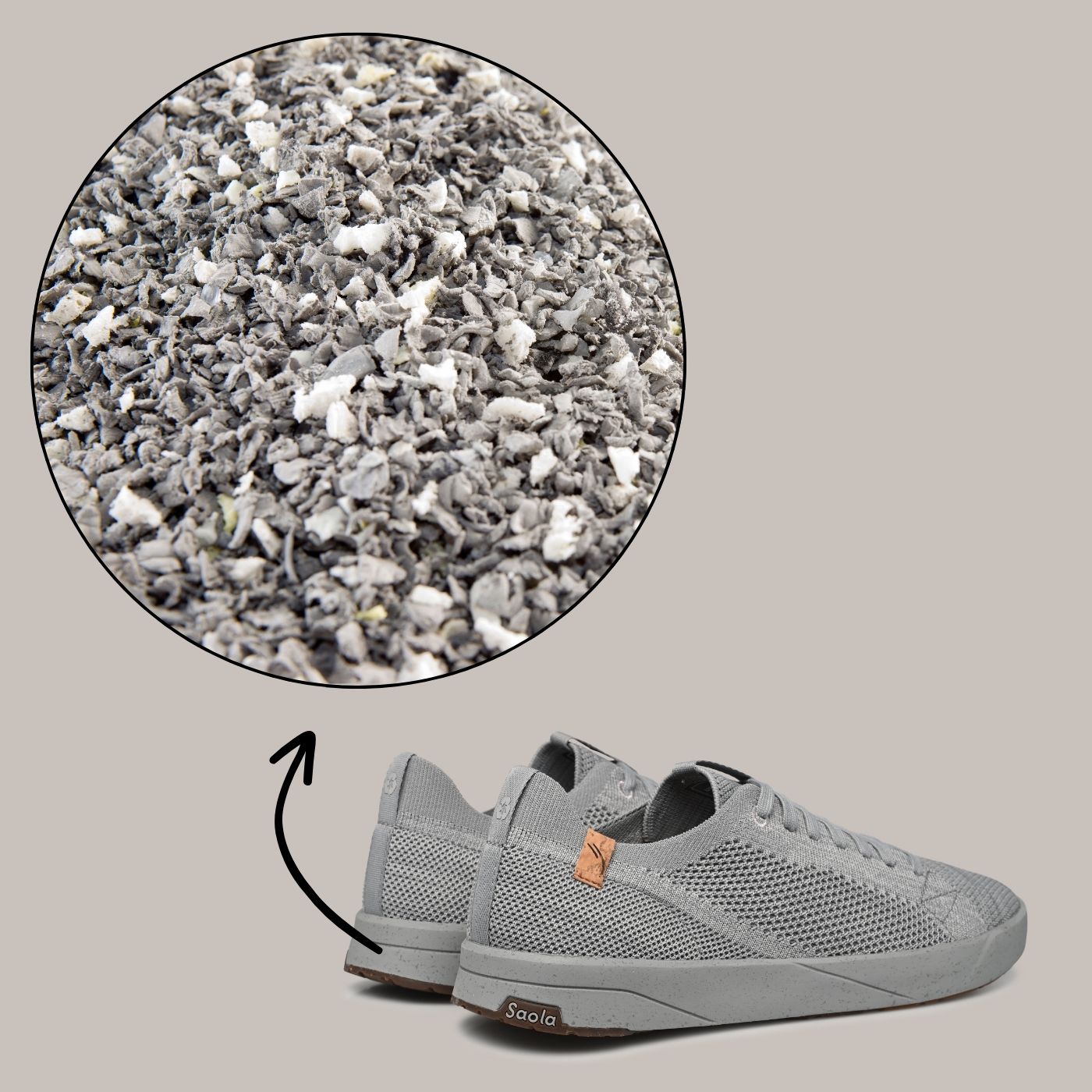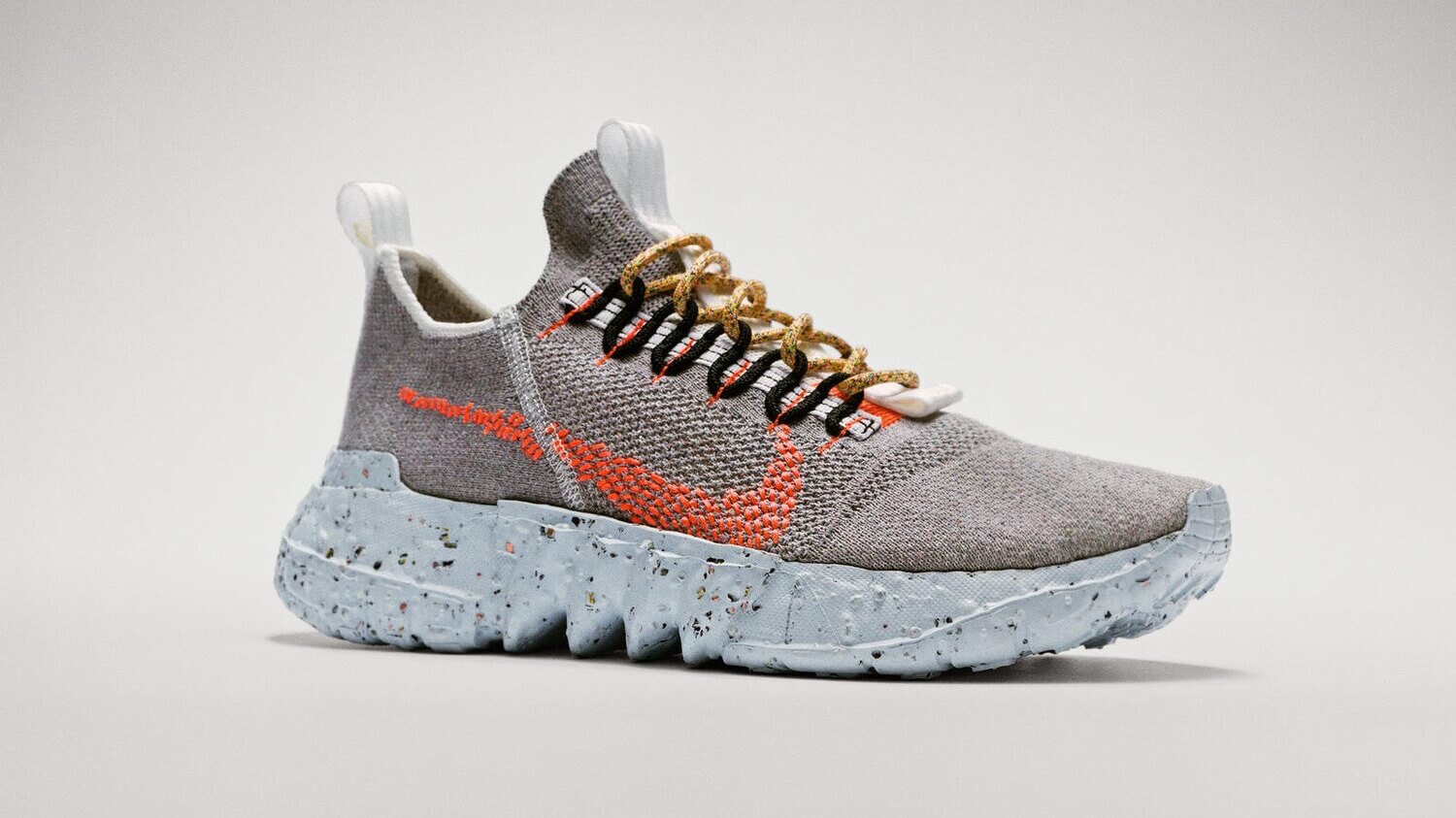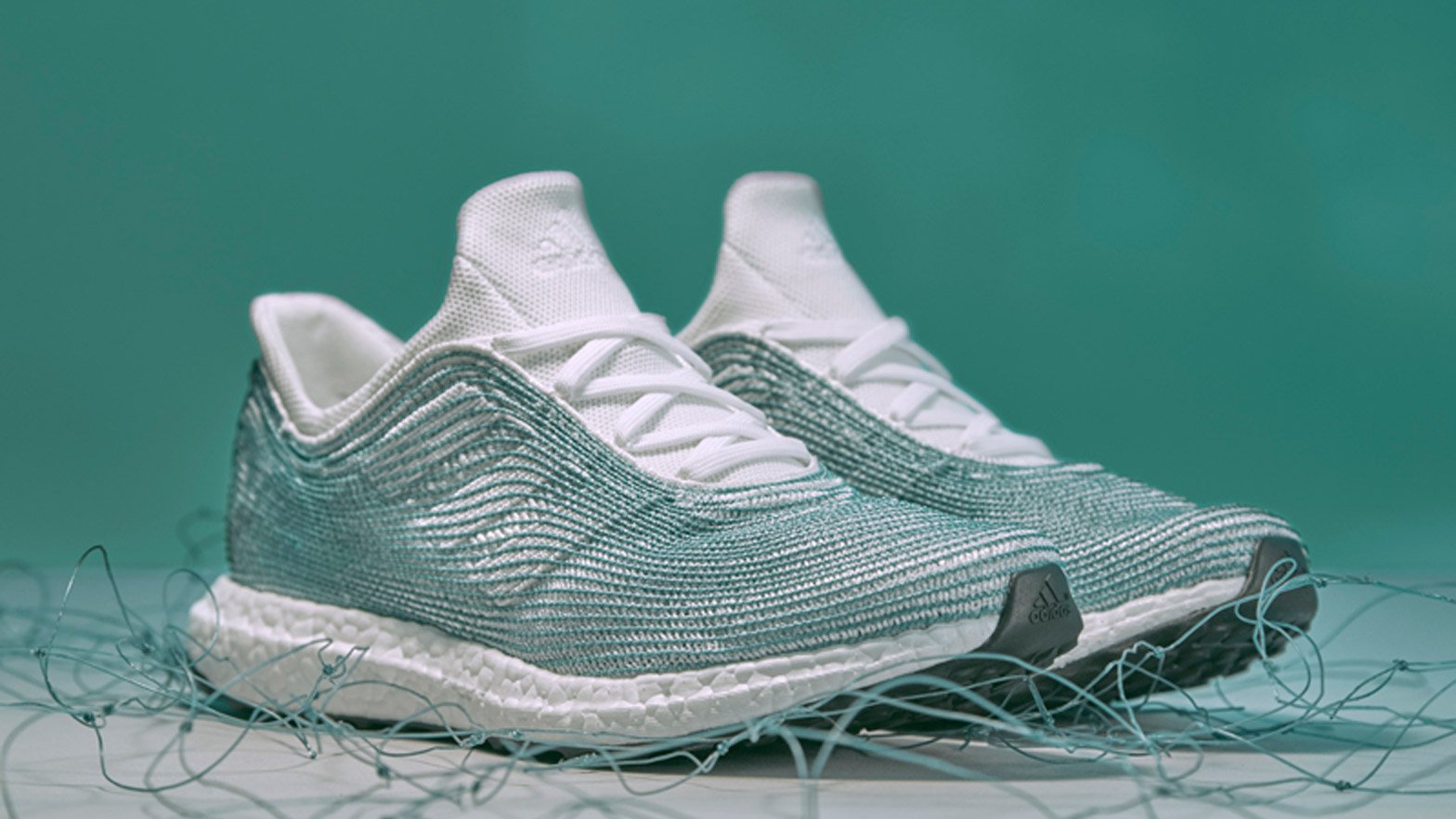In recent years, the fashion industry has witnessed a significant shift towards sustainability, especially in footwear. Shoes made from recycled materials have become a beacon of hope for eco-conscious consumers, blending style and environmental responsibility. This article delves deep into the world of recycled shoes, exploring their benefits, production processes, and various options available to consumers. Let’s step into this eco-friendly journey together!
Understanding the Concept of Recycled Footwear
Recycled footwear involves using materials that have been repurposed from waste products to create new shoes. This approach not only helps reduce the amount of waste in landfills but also lessens the environmental footprint of shoe production.
Why Choose Shoes Made from Recycled Materials?
Choosing shoes made from recycled materials contributes to sustainability in several ways:
- **Waste Reduction**: Diverts materials that would otherwise end up in landfills.
- **Lower Carbon Footprint**: Utilizes existing materials, requiring less energy for production.
- **Resource Conservation**: Reduces the need for new raw materials, conserving natural resources.
The Environmental Impact of Traditional Shoe Production
The conventional shoe industry is notorious for its substantial environmental consequences. It requires significant water, energy, and raw materials, leading to a high carbon footprint. A study by GreenBiz noted that the production of a single pair of shoes can result in up to 30 pounds of carbon dioxide emissions. This stark reality highlights the importance of shifting towards more sustainable practices.
Popular Materials Used in Recycled Shoes
Recycled shoes can be made from various materials, each contributing differently to sustainability:
1. Recycled PET (rPET)
Recycled PET is derived from plastic bottles and containers. It’s lightweight, durable, and waterproof, making it a popular choice for many brands.
2. Recycled Rubber
Old tires and rubber products are repurposed into soles and cushioning. This method not only saves landfill space but provides excellent traction.
3. Recycled Foam
Foam scraps can be transformed into comfortable insoles, offering cushioning without the need for new materials.
Brands Leading the Charge in Recycled Footwear
Several brands are pioneering the movement towards recycled shoes, integrating eco-friendly practices into their business models. Here are some noteworthy examples:
1. Allbirds
Known for their sustainable practices, Allbirds makes shoes using recycled materials, including their signature Sweetfoam, derived from sugarcane.
2. Adidas
Through their Parley for the Oceans initiative, Adidas has created shoes made from ocean plastic, combining style with environmental activism.

3. Nike
Nike’s Move to Zero campaign emphasizes using recycled materials. Their “Space Hippie” line features shoes made from factory waste and recycled plastics.
4. Veja
Veja produces sneakers using recycled materials sourced from various industries, including plastic bottles and organic cotton.

5. Native Shoes
Native Shoes has introduced the “Plant Shoe,” which is made from natural and recycled materials and is fully biodegradable.
How Shoes Made from Recycled Materials are Produced
The production process for shoes made from recycled materials involves several steps:

1. Collection and Sorting
Recyclable materials are collected and sorted to ensure only those suitable for use in footwear are selected.
2. Processing
Once sorted, materials are cleaned and processed to create new components, such as fabrics, soles, and insoles.

3. Manufacturing
The processed materials are then fashioned into footwear through traditional manufacturing techniques, but with a focus on sustainability.
Comparison of Popular Brands and Their Eco-Friendly Practices
| Brand | Recycled Materials Used | Key Features | Price Range |
|---|---|---|---|
| Allbirds | Recycled PET, Sugarcane | Lightweight, Comfortable | $95 – $145 |
| Adidas | Ocean Plastic | Waterproof, Durable | $120 – $250 |
| Nike | Factory Waste, Recycled Plastics | Innovative Design | $150 – $300 |
| Veja | Recycled Plastics, Organic Cotton | Stylish, Ethical Production | $95 – $200 |
| Native Shoes | Natural and Recycled Materials | Biodegradable, Lightweight | $40 – $90 |

Choosing the Right Pair: Tips for Consumers
When selecting shoes made from recycled materials, consider the following tips:
1. Check Material Sources
Investigate where the brand sources its recycled materials. Look for transparency in their supply chain.

2. Look for Certifications
Choosing shoes with certifications such as Global Recycle Standard (GRS) ensures the products meet high environmental standards.
3. Assess Durability
While recycled materials can be durable, it’s essential to read reviews and check warranties to ensure longevity.

4. Consider Style and Fit
Don’t compromise on style or comfort. Many brands offer trendy designs, so you don’t have to sacrifice aesthetics for sustainability.
Challenges in the Industry of Recycled Footwear
While the recycled footwear market is growing, it faces several challenges:

1. Cost of Production
Producing shoes from recycled materials can be more expensive, leading to higher retail prices for consumers.
2. Limited Availability
Not all recycled materials can be sourced consistently, which may affect production and availability.

3. Consumer Awareness
Some consumers are still unaware of the existence and benefits of recycled footwear, hindering market growth.
The Future of Shoes Made from Recycled Materials
The future looks promising for shoes made from recycled materials. As consumer demand for eco-friendly products rises, more brands are likely to invest in sustainable practices. The innovation in materials and production techniques will further enhance the quality and appeal of recycled footwear.
Frequently Asked Questions (FAQs)
What are shoes made from recycled materials?
Shoes made from recycled materials are footwear that incorporates repurposed materials, such as recycled plastics, rubber, and foam, to minimize environmental impact.
Are recycled shoes durable?
Yes, many recycled shoes are designed to be durable and long-lasting. Brands often test their products to ensure they meet performance standards.
Where can I buy shoes made from recycled materials?
You can purchase recycled footwear from various online retailers, brand websites, and specialized eco-friendly shops. Look for brands like Allbirds, Adidas, and Veja for reputable options.
How do shoes made from recycled materials impact the environment?
These shoes help reduce waste and lower carbon emissions associated with traditional footwear manufacturing, contributing to overall environmental sustainability.
Can recycled shoes be recycled again?
Some brands have take-back programs that allow consumers to return old shoes for recycling. However, not all recycled shoes can be reprocessed, so it’s essential to check with the specific brand.
Conclusion
Shoes made from recycled materials represent a crucial step towards sustainable fashion. By choosing such footwear, consumers not only support eco-friendly practices but also contribute to a cleaner environment. As the industry continues to evolve, advancements in technology and increased consumer awareness will play significant roles in shaping the future of sustainable footwear. So, next time you’re in the market for new shoes, consider stepping into a pair made from recycled materials and leave a lighter footprint on the planet.
For further reading on the environmental impacts of the footwear industry, refer to the detailed report from ScienceDirect.